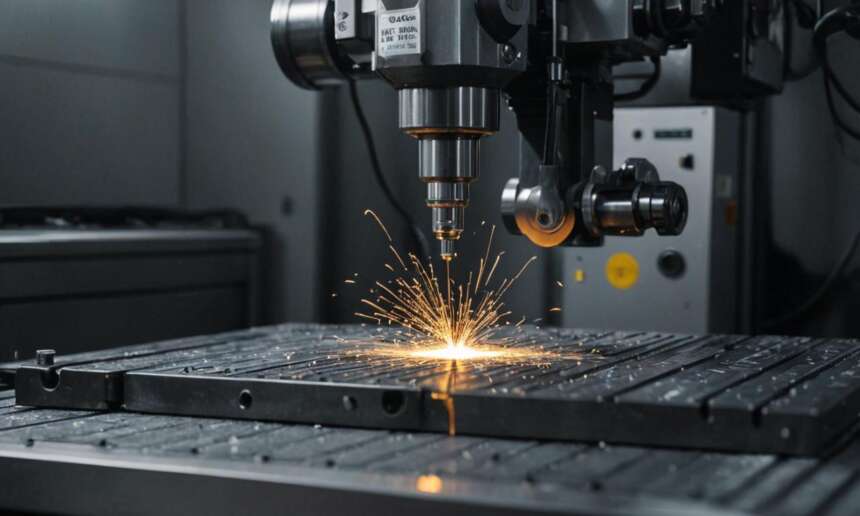A CNC Machinist is a skilled professional responsible for operating and maintaining computer numerical control (CNC) machines. These machines are used in various industries such as manufacturing, aerospace, automotive, and healthcare, among others. The role of a CNC Machinist is crucial in producing precise and complex parts or components according to design specifications.
Job Responsibilities
As a CNC Machinist, one’s primary responsibility is to set up and operate CNC machines to perform tasks such as drilling, milling, turning, and grinding. They interpret blueprints, specifications, and instructions to ensure the accuracy and quality of the finished product. Additionally, CNC Machinists conduct regular maintenance on machines to keep them in optimal condition.
Skills Required
Being a CNC Machinist requires a blend of technical skills, including proficiency in reading blueprints, understanding geometric dimensions and tolerances, and operating CNC machinery. Attention to detail, problem-solving abilities, and mechanical aptitude are also essential. Furthermore, adaptability and the ability to work in a fast-paced environment are highly valued traits.
Education and Training
While formal education requirements may vary, most CNC Machinists have a high school diploma or equivalent. Many pursue additional training through vocational schools, technical colleges, or apprenticeship programs to gain hands-on experience and specialized knowledge in CNC machining. Continuous learning is essential in this field due to advancements in technology and techniques.
Career Outlook
The demand for CNC Machinists remains strong across industries that rely on precision manufacturing. With the increasing adoption of automation and CNC technology, the role of CNC Machinists is expected to evolve, requiring individuals to stay updated with the latest advancements. Career opportunities exist in various settings, including job shops, production facilities, and specialized machining companies.
In conclusion, a CNC Machinist plays a vital role in the manufacturing process by operating CNC machines to produce precise components. With the right combination of skills, education, and experience, individuals can pursue a rewarding career in this field with ample opportunities for growth and advancement.
Advanced CNC Techniques
Aside from standard CNC operations like milling and turning, mastering advanced techniques can significantly enhance a CNC Machinist’s capabilities. These techniques may include multi-axis machining, high-speed machining, and complex toolpath optimization. Understanding these advanced methods can lead to more efficient production processes and higher quality outputs.
Multi-Axis Machining
Multi-axis machining involves simultaneous movement of the cutting tool along multiple axes, enabling the production of intricate geometries and contours. This technique is particularly useful for complex parts that require precise detailing from various angles.
High-Speed Machining
High-speed machining utilizes specialized equipment and cutting strategies to increase the speed and efficiency of material removal. By optimizing cutting parameters and tooling, CNC Machinists can achieve faster production rates while maintaining quality standards.
Toolpath Optimization
Optimizing toolpaths involves strategically planning the movement of the cutting tool to minimize machining time and maximize efficiency. Advanced software solutions can analyze geometric features and automatically generate optimized toolpaths, reducing cycle times and material waste.
Frequently Asked Questions
| Question | Answer |
|---|---|
| What industries require CNC Machinists? | CNC Machinists are needed in various industries such as manufacturing, aerospace, automotive, healthcare, and electronics, among others. |
| What is the difference between CNC Machinists and manual machinists? | CNC Machinists operate computer-controlled machinery, whereas manual machinists use conventional tools and equipment operated by hand. |
| How can one become a CNC Machinist? | Most CNC Machinists start with a high school diploma or equivalent and then pursue additional training through vocational schools, technical colleges, or apprenticeship programs. |




